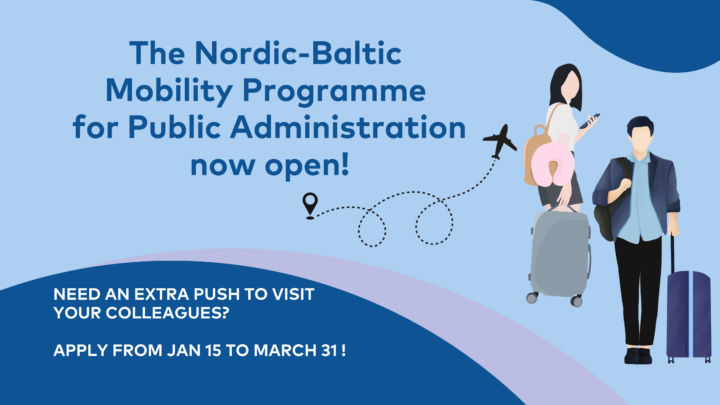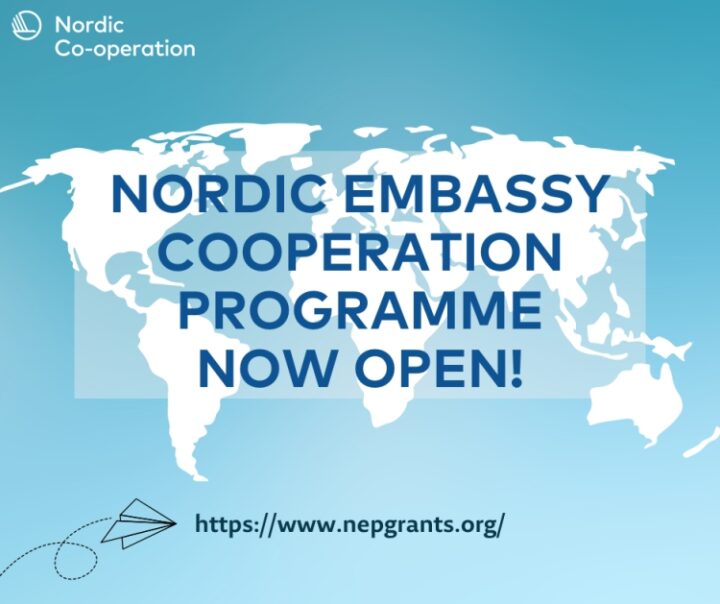Millions await innovative and sustainable ideas

|
Last year, economising and creative companies in particular received more than two million Danish kroner in funding from the Nordic-Baltic joint entrepreneurship and industry co-operation fund. A total of 14 draft projects were submitted by Estonian entrepreneurs in two rounds; 11 of them were successful. In addition, Estonians participated in nine projects as partners. Funding was granted to entrepreneurs committed to developing energy efficiency, and others involved in biomedicine, wind energy, tourism, the wood industry, design and information technology. |
| One of the successful applicants was Pädaste Mõis OÜ with the research project “In search of the Kitchen of the Nordic Islands”. With the expansion of globalisation, smaller regions and their specific characteristics tend to lose out. At the same time, people are looking more and more for everything to be unique and original. Food plays a significant role in preserving and highlighting cultural heritage. The research will be conducted this spring at restaurants in Muhu, Öland, Bornhom, Åland, Gotland and Sjælland, and among the head chefs there, and will look at the naval and economic history of the Baltic region. In the spring, Raul Oreshkin and Külli Hansen from the Tartu Centre for Creative Industries will visit Tampere and Bergen, supported by the same entrepreneurship and industry funding, in order to study the creative industry centres and creative enterprises there. A seminar involving Tartu, Tallinn, Viljandi, Turku, Tampere, Bergen, Uppsala, Riga and Klaipeda has been planned for the month of May, after which the Nordic-Baltic co-operation network of creative industry centres should start shaping up. “Both Latvia and Iceland are suffering from the economic crisis, so we have similar problems to work on,” says Liena Murashkina, Adviser to the Communication Department of the Latvian State Chancellery, explaining the purpose of the study visit to Iceland that took place last year. “The government of Iceland expressed its interest to the Council of Ministries about co-ordinating communication in the Latvian government, while Latvia is interested in the web portal set up by the government of Iceland on the subject of the economic crisis.” The Latvian State Chancellery received funding for the study visit from the Nordic-Baltic mobility programme for public sector management; this year, the programme budget is 2.5 million Danish kroner. Last year, more than 1.4 million Danish kroner in funding was allocated for the implementation of 32 co-operative projects. Those receiving funding included enterprises working in law enforcement, forensics, nature preservation, culture, employment, agriculture and many other areas. Estonian non-profit organisations have two funding options: the Nordic-Baltic funding programme has a smaller budget and favours environmental and sustainable development projects; the Baltic support programme, in which north-west Russia and Belarus are involved, does not favour any particular area, but this co-operative project is expected to strengthen civil society. The cultural funding provided by the Nordic Council of Ministers is already established in Estonia. This spring, funding will again be available from the cultural mobility programme, the arts and culture programme and the Nordic Cultural Fund. |


